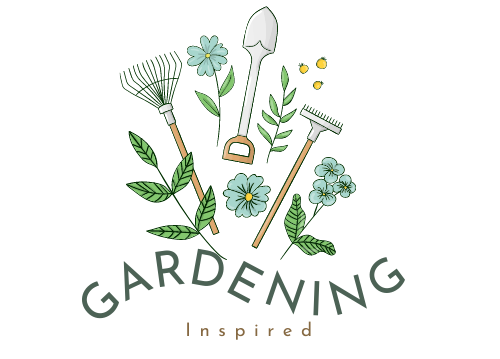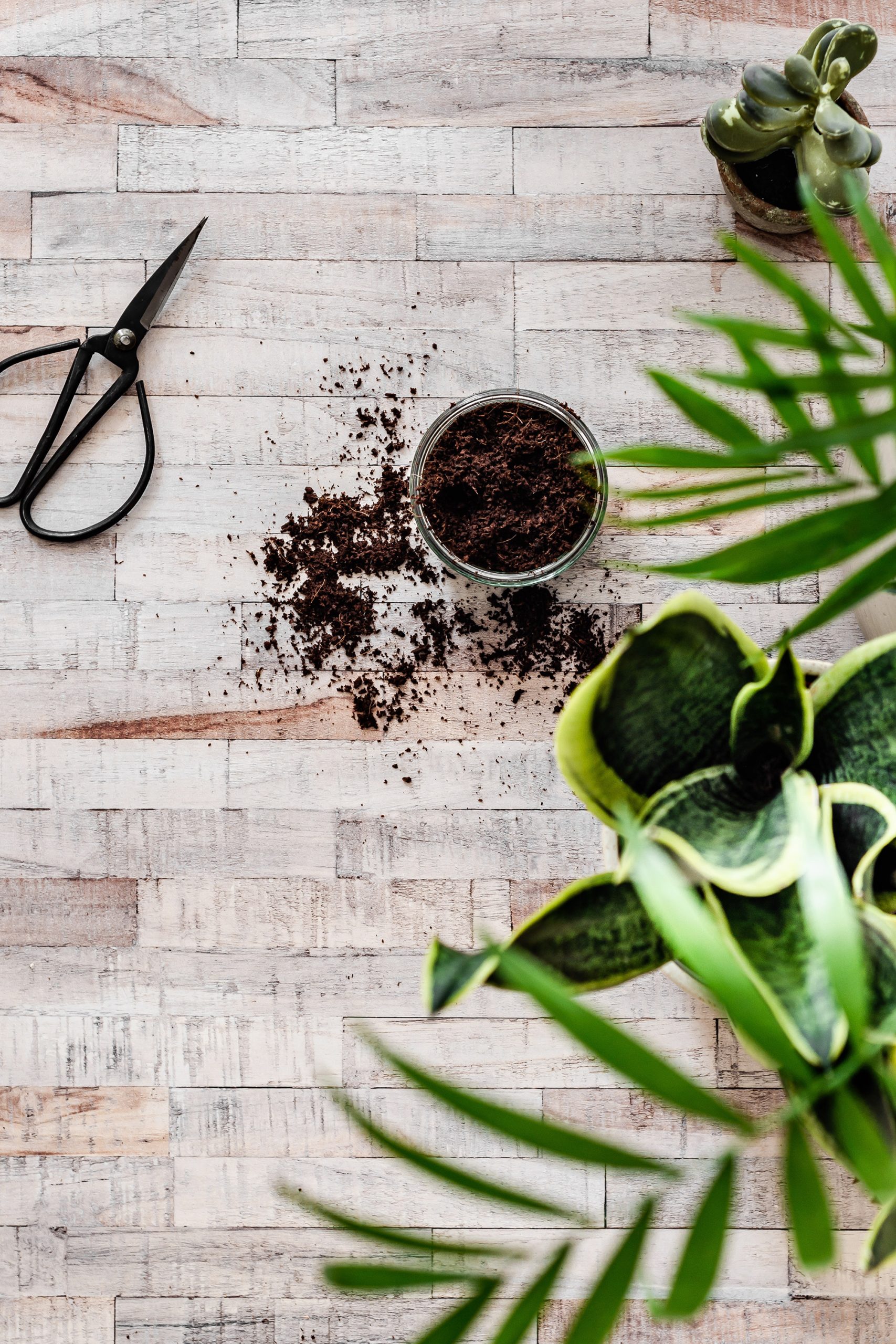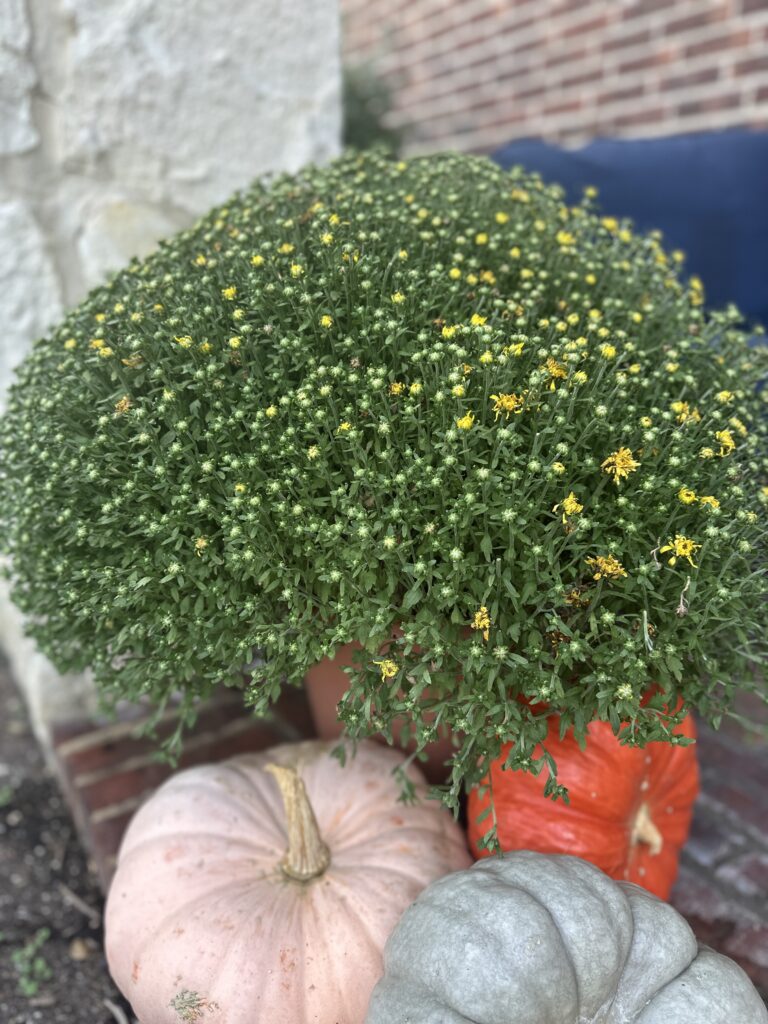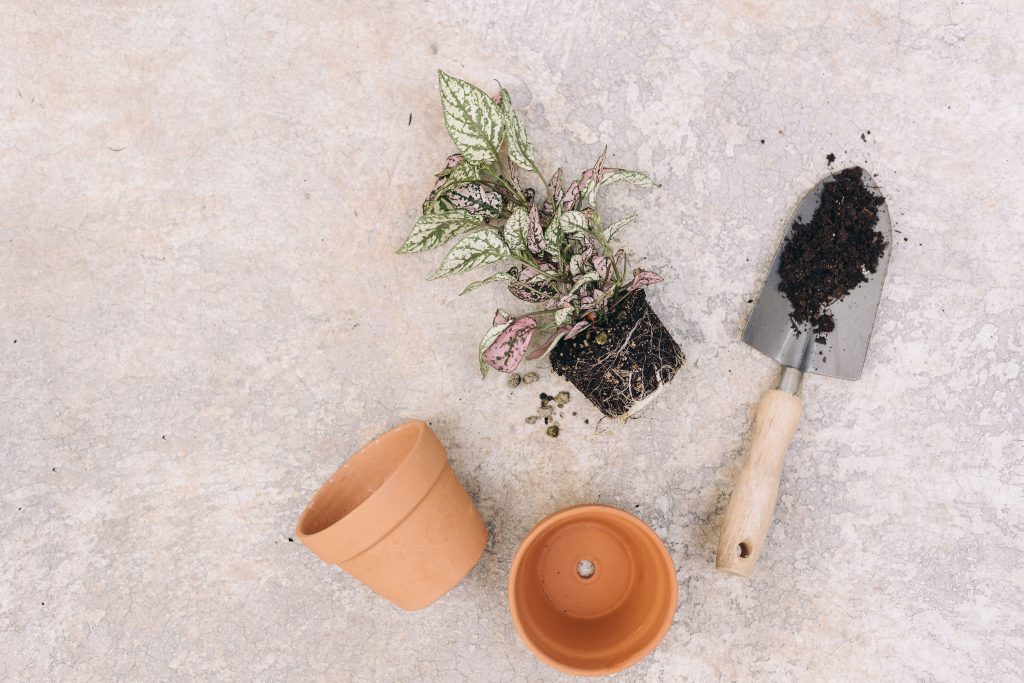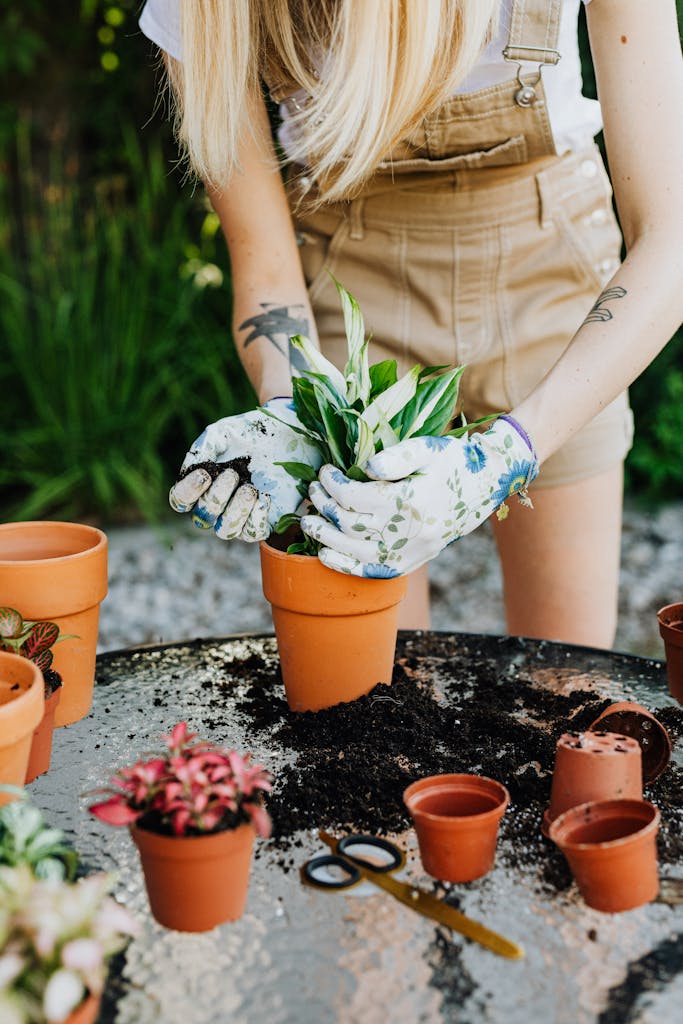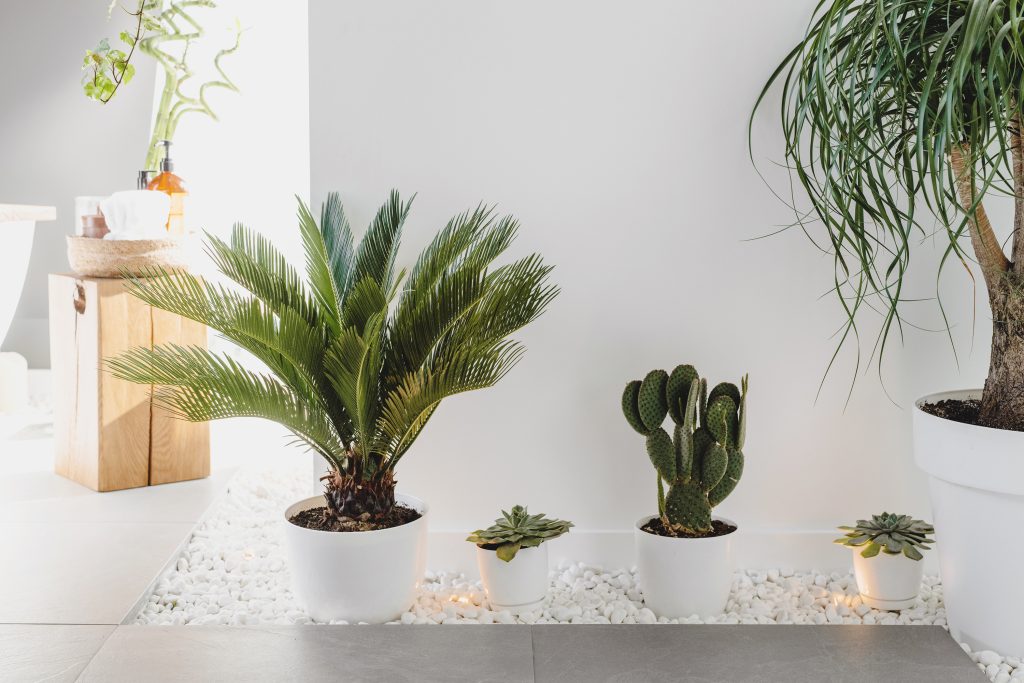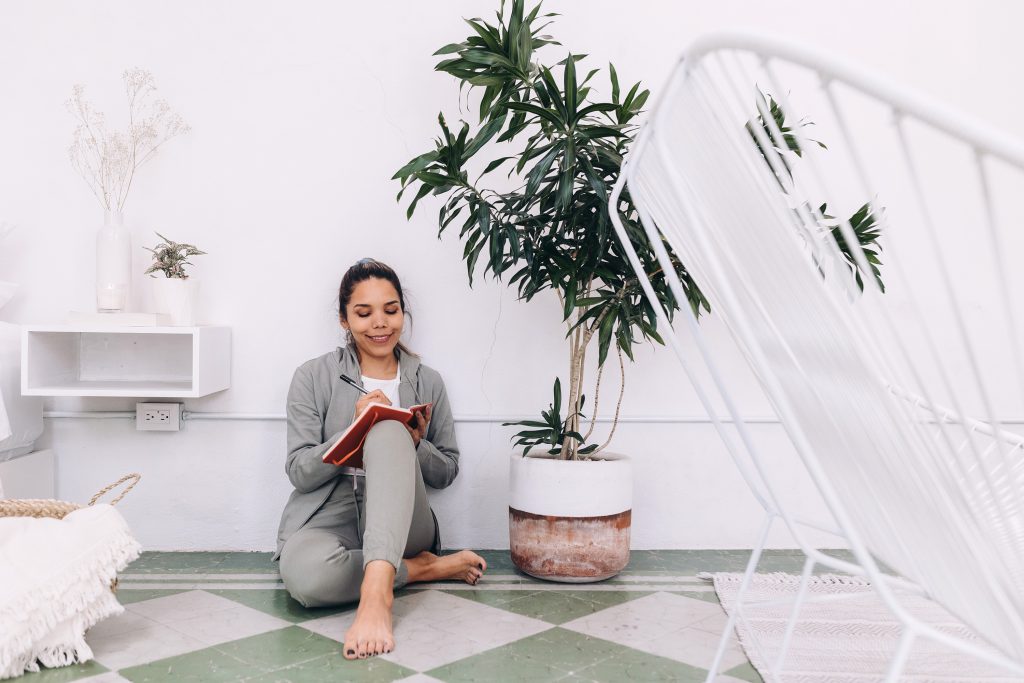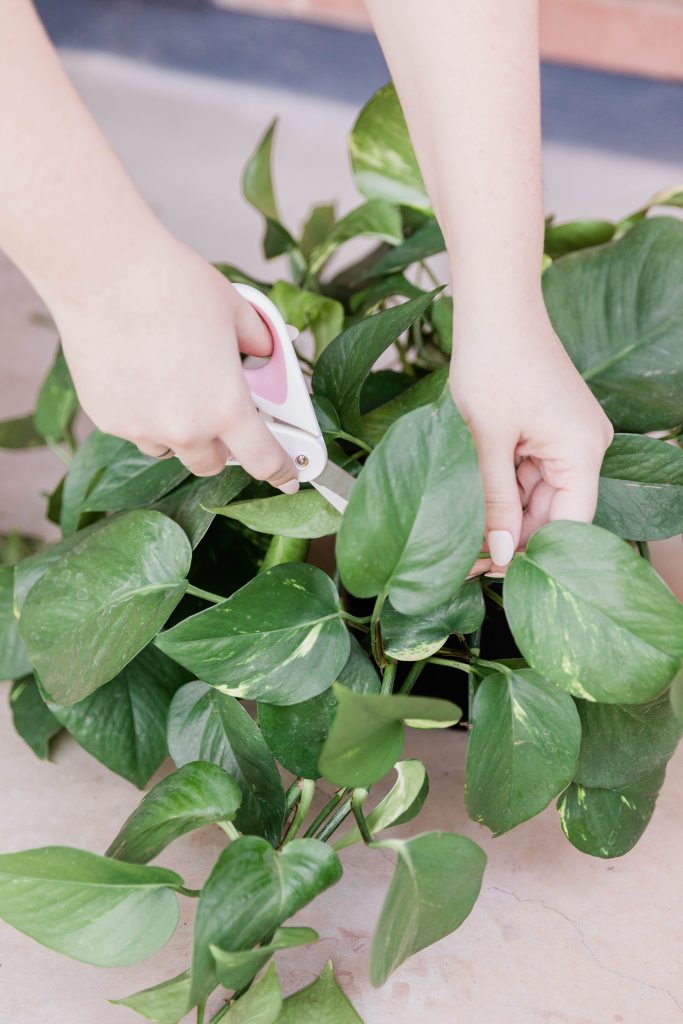Mistakes to Avoid When Starting Your First Herb Garden
Starting your own herb garden can be an incredibly rewarding and fulfilling experience. Not only do you get the satisfaction of nurturing your plants from seedlings to fully grown herbs, but you also get the added benefit of having fresh ingredients right at your fingertips to enhance your dishes.
Trust me, once you’ve tasted your own homegrown herbs, you’ll never go back to store-bought ones again!
However, as a beginner, it’s easy to make mistakes when jumping headfirst into the world of herb gardening. To save you the trouble and heartache I went through, I’ve put together a comprehensive guide to help you avoid the most common pitfalls and set you on the right path to building your perfect herb garden.
1. Choosing the Wrong Herbs
The first big mistake I made when I started my herb garden was picking the wrong herbs. I was so excited that I chose exotic herbs, not knowing that they might be unsuitable for my local climate or growing environment.
To avoid this mistake, be realistic with your expectations and start with easy-to-grow herbs like basil, parsley, rosemary, or chives. These herbs can generally thrive in various conditions and are great for beginners.
Tip: Do some research on the herbs you wish to plant about which herbs thrive in your area.
2. Ignoring the Right Growing Conditions
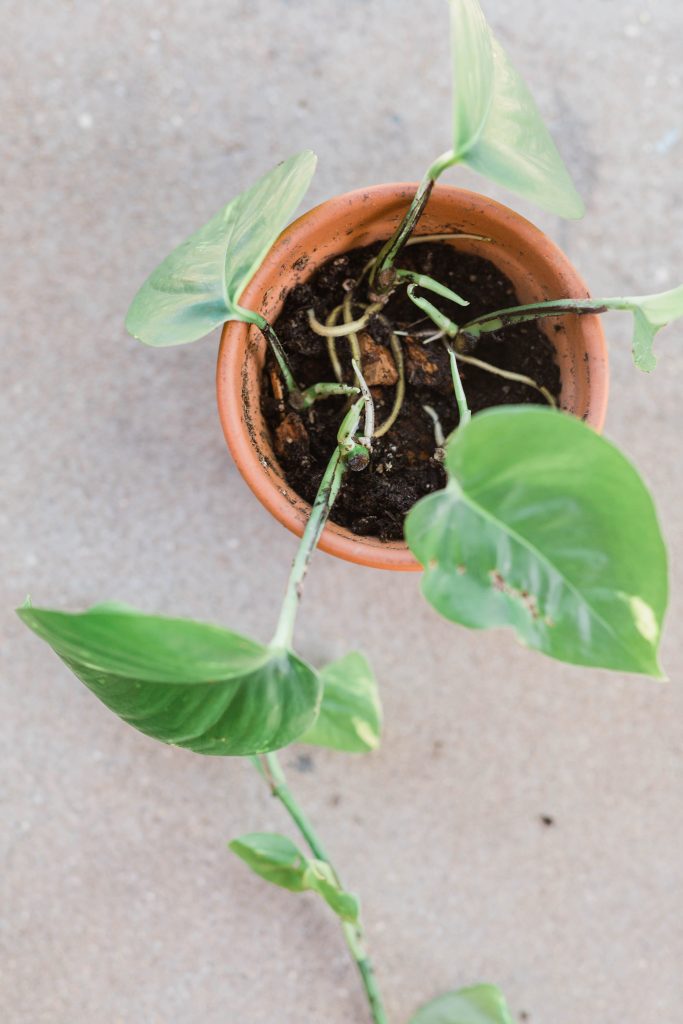
Plants need the right conditions to thrive, and herbs are no exception. I learned the hard way that it’s essential to pay attention to factors like sunlight, temperature, humidity, and soil quality when planting your herbs. Whether you’re growing your herb garden indoors or outdoors, make sure to give your plants the best growing environment possible.
Here are some general guidelines to help you:
- Most herbs need at least 6 hours of direct sunlight per day.
- Ensure proper air circulation and avoid overcrowding your herbs.
- Plant herbs in well-draining soil consider using a quality potting mix for the best results.
Tip: If you’re growing your herbs indoors and lack natural sunlight, grow lights can provide your plants with the necessary light they need to thrive.
3. Overwatering or Underwatering Your Herbs
One of the most common mistakes I’ve made (and I’ve seen many others make) is either overwatering or underwatering my herbs. It’s important to understand that different herbs have different water requirements, so it’s crucial to find that perfect balance.
A great rule of thumb is to water your herbs when the soil is dry to the touch but not bone dry. When you do water, give your plants a good soaking to ensure the water reaches the roots. Monitoring the moisture levels in the soil is essential to avoid root rot or dehydration.
Pro Tip: Consider investing in a soil moisture meter to help you determine when it’s time to water your herbs.
4. Neglecting Proper Nutrition
Just like us, plants need proper nutrition to grow healthy and strong. I’ll admit that I didn’t pay attention to providing the right nutrients to my herbs in the beginning, but once I started incorporating organic fertilizers, boy oh boy, the difference was night and day! Here are some tips to ensure your herbs are well-fed:
- Use Organic Fertilizers: Organic fertilizers are great because they release nutrients slowly, providing a steady diet for your herbs. You know what they say, “Slow and steady wins the race!”
- Follow the Fertilizer Instructions: Different herbs require different nutrients, so follow the instructions on the fertilizer package to ensure you’re giving your herbs the right amount.
- Avoid Over-Fertilizing: Too much of a good thing can be bad! Over-fertilizing can lead to weak plants, so don’t go overboard.
Tip: #GetToKnowYourHerbs and their nutritional needs. A little research can go a long way.
- Not Paying Attention to Pests and Diseases
Herbs are tasty, not only to us but to pests too! I’ve had my fair share of battles with aphids and other nasty critters, and I can tell you, it’s no picnic. Keeping an eye out for signs of pests and diseases can save your herb garden from a lot of trouble.
- Inspect Regularly: Regular inspection helps you catch problems early. If you spot any bugs, nip them in the bud before they spread!
- Use Natural Pest Control: There are many natural solutions like neem oil or insecticidal soap that can help keep pests at bay without harming your herbs.
- Monitor for Diseases: Yellowing leaves or strange spots? Could be a disease. Early detection and proper treatment can save your herbs.
Tip: Companion planting with flowers like marigolds can help deter pests. Isn’t nature amazing?
- Ignoring Harvesting Techniques
Harvesting might seem like the easiest part, but trust me, there’s an art to it. Picking your herbs too early or too late, or even the wrong way, can affect their growth and flavor.
- Harvest at the Right Time: Most herbs are ready for harvesting just before they flower. That’s when they’re full of flavor!
- Use the Right Tools: Sharp scissors or pruning shears are your best friends here. Clean cuts help the plants recover quickly.
- Don’t Over-Harvest: Taking too much at once can weaken the plant. Patience is key!
Tip: Harvesting regularly can actually promote more growth. So go ahead, enjoy your fresh herbs, and watch them flourish!
Conclusion: You’ve Got This!
Starting your first herb garden can be, filled with ups and downs. But hey, Embrace the learning process, enjoy the little victories, and don’t be afraid to get your hands dirty. With these tips, you’ll avoid the common mistakes and grow an herb garden that’s the envy of all your friends.
